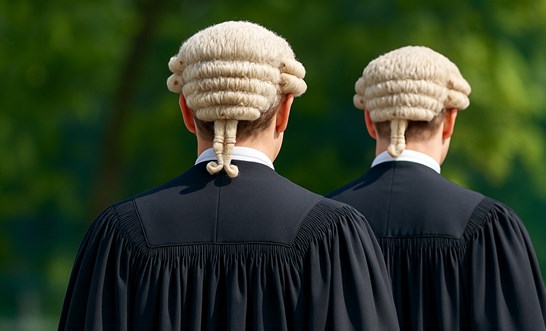Privacy
Gilshenan & Luton Legal Practice is committed to keeping your personal information private. The Privacy Act 1988 regulates the way in which we collect and use your personal information as well as the circumstances under which we might provide information to third parties. We comply with the Australian Privacy Principles in that regard.
This Privacy Policy is designed to assist you to understand how we collect and use your personal information in connection with our business and the marketing of our services, and to assist you in making informed decisions when using our site and our services.
Information we collect
We collect personal information, being information that could reasonably identify you, directly from you. This will include your name, address, date of birth, gender, marital status, occupation, your contact details and the details of other persons that you might give to us.
We may also collect sensitive information about you which includes information about your racial or ethnic origin, political opinions, membership of a political association, religious beliefs or affiliations, philosophical beliefs, membership of a professional or trade association, membership of a trade union, sexual preferences or practices, health details, or criminal record.
The information that we collect depends on the legal work that we are undertaking.
We collect personal information from:
- clients and their staff;
- our suppliers and their staff;
- employees including potential employees;
- individuals who come into contact with the firm, for example - experts and medical practitioners; and
- conversations and material provided by third parties.
What do we do with personal information?
We collect personal information for the primary purposes of:
- providing legal services to you;
- telling you about the services that may be offered by Gilshenan & Luton Legal Practice;
- complying with our legal obligations; and
- entering into and maintaining supply or business arrangements.
We may use personal information for direct marketing if:
- we collected the information from you and you would reasonably expect us to use the information for direct marketing, or we have obtained your consent unless it is impracticable for us to do so;
- we collected the information from someone else and we have obtained your consent unless it is impracticable for us to do so; and
- we provide you with a simple way to request that you not receive direct marketing material.
Accuracy of information
We will take reasonable steps to ensure that personal information is accurate, complete, up-to-date, relevant and not misleading. If you think that the personal information that we hold about you is not correct, please contact our Office Manager to:
- tell us what information is incorrect; and
- provide us with up-to-date information.
Disclosure or Distribution to Third Parties
We do not disclose your personal information unless you consent to it or it is necessary in order to carry the primary purposes listed above. Where necessary, we disclose personal information to:
- other persons who assist in the delivery of legal services, for example, barristers and professional witnesses;
- other parties in your matter and their professional advisors;
- courts, tribunals or mediators;
- Government authorities where we are required to do so; and
- debt collection agencies.
If we allow access to personal information by third parties for organisational purposes such as software management, we will require those organisations to sign a confidentiality agreement.
We will only disclose sensitive information:
- if you consent; or
- where required by law.
Information about Third Parties
From time to time it may be that you provide us with information about third parties. The same privacy considerations will apply to this information as if it was your own personal information. When we receive this information, we will assume that you are authorised to provide it to us. If requested, you must notify the person that you have provided their information to us.
Storage and Security
We hold personal information both in paper form as part of client files, and electronically in our secure practice management software. Gilshenan & Luton Legal Practice takes reasonable steps to protect this information including:
- office access controls;
- confidentiality requirements for all staff;
- document storage security; and
- computer security measures including passwords and firewalls.
We cannot guarantee that personal information will be protected against unauthorised access or misuse and Gilshenan & Luton does not accept any liability for the improper or illegal actions of unauthorised third parties.
Variations
Gilshenan & Luton Legal Practice may change their privacy policy from time to time. Any changes will be posted on our website as soon as practicable.
Access to Your Personal Information
We will provide you with reasonable access to your personal information. There may be a fee but we will advise you of the amount of the fee in advance.
Complaints
If you have any concerns about how Gilshenan & Luton Legal Practice has collected, held or used your personal information, or if you wish to make a complaint about a privacy issue, please contact our Office Manager:
Email:
Telephone:
07 3361 0217
Post:
Gilshenan & Luton Legal Practice
PO Box 12215
George St Brisbane QLD 4003
If your concerns are not resolved to your satisfaction, you may contact the Office of the Australian Information Commissioner via their website or by calling them on 1300 363 992.
Latest Articles

Duty of solicitors and barristers to be courteous in domestic violence proceedings

Stale qualifications when applying for admission into the legal profession

The criminal offence of “choking, suffocation or strangulation”

